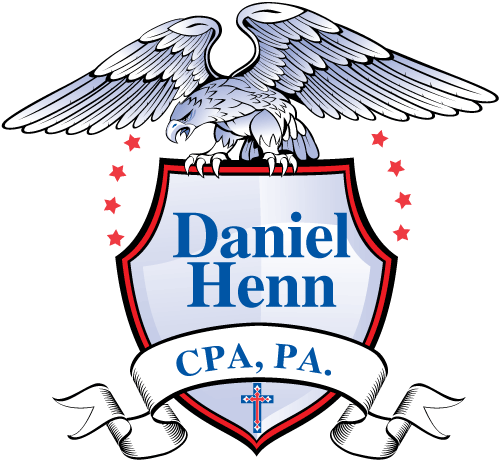During the holidays many people will be online buying gifts for family and friends. It has become very common place to purchase various things online. They say it is not a matter of “if”, but “when”, you are likely to become a victim of identity theft. I have had many people tell me it is like a full time job trying to clear up the mess when someone steals your identity. We wanted to get this message out to you so that you can protect yourself and not become the next victim of identity theft. So here are 7 ways to avoid being an identity theft victim during the holidays (and it is best practices for all year round):
- Avoid suspicious email. This is an email from someone (or company) you were not expecting. Especially when it has an attachment you were not expecting. Do not click the links in this email. Look at the actual email of the person sending it. I may look like it is coming from mom, brother or your best friend, but if it is not their actual email address, then do not click anything.
- Your bank, credit card company or the IRS will not send a threatening email, tell you your account is being closed or that there are general problems with your account. If you are curious to see if it is true, call your bank directly or login to your account. If there are problems, they will tell you or it will notify you when you login.
- Hackers and thieves love to create malware, spyware or viruses that can be attached to one of these phishing emails. Again, if you do not know the sender, were not expecting the email, or if the email is not one you know, then DO NOT OPEN the attachment. The second you click the link, they can get access to your computer, spy on your keystrokes, or even cause your hard drive to crash or erase.
- Download and install software software only from websites you know and trust. Put another way, unless you know the site is safe, don’t install anything from that site. Again, this is a way for thieves to spy on you or gain other access to your computer. This means be aware of how you input a site name. For example, apple.com is the Apple Computer company. But if you accidentally type apple.net or apple.org, you could get to a site that looks like the real company, but is a scam trying to get your information.
- Use a security software to block pop-up ads, which can contain viruses. It can also block hackers and if it has a anti-spyware component, it can block them from spying on you.
- Spread the word. Be sure that you discuss being safe online with your family and friends. Not to mention, share it with your grandparents or other senior people that you know. They are easy targets and do not understand the rules of phishing or other email scams. Also, teach your children so they are aware of the scams to get their personal information.
- Do not give out your personal information (this includes your social security number, date of birth, credit card or bank account number, credit card PIN or expiration) in an email, phone call or website unless you know it is a safe site. The IRS, your bank, or credit card company will not ask you for this information. Most of these companies will send you a letter to let you know there is a problem or issue. If you have any concerns, call the company at a phone number you know. For example you can call the local branch of your bank or call the IRS at 800-829-1040.
It is very important that you remain vigilant to protect your identity. There are many lazy people looking for a quick buck by stealing your hard earned money. Should you have any questions on this, please feel free to call our office.
We are happy to announce the release of Daniel Henn, CPAs first book titled “The No Holds Barred, Candid Talk About Small Business Success In Florida” now available on Amazon.com
If you would like to find out how you can receive a FREE copy, please call our office at (321) 684-7800
